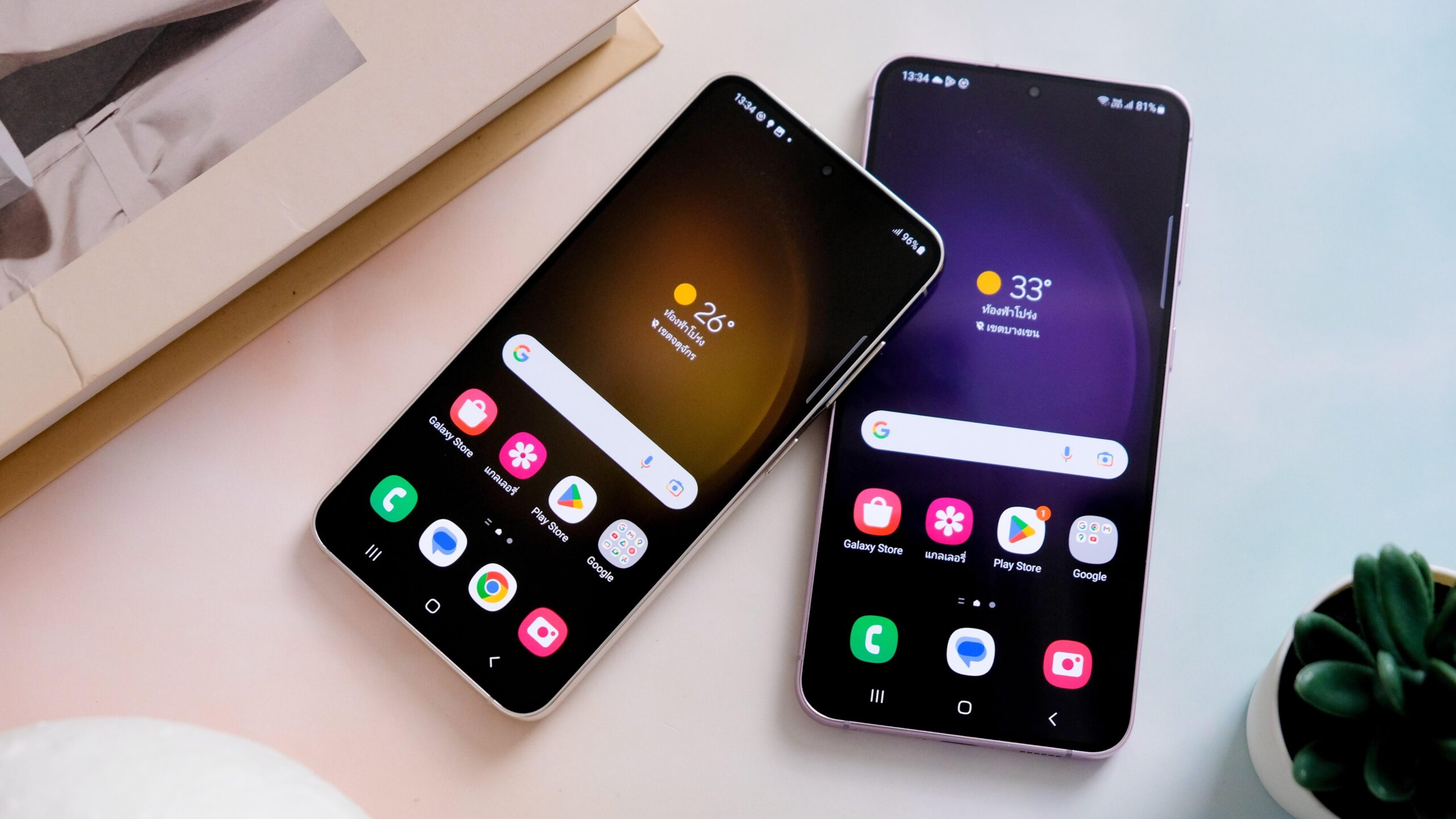Chatbots have become an integral part of our digital lives, assisting us with everything from customer support to entertainment. OpenAI, a leading artificial intelligence research laboratory, has been at the forefront of developing advanced chatbot technologies. Their latest innovation, ChatGPT, has just taken a momentous leap forward with the introduction of its new account-free version. This move brings it one step closer to becoming the next Google, transforming the way we interact with information online.
ChatGPT is powered by deep-learning models to generate human-like responses and engage in meaningful conversations with users. It has already generated excitement due to its impressive ability to understand context and provide relevant answers. However, until now, using ChatGPT required an individual user to create an account to access its services.
The announcement of a new account-free version of ChatGPT is a game-changer. OpenAI has listened to user feedback and recognized the need for a more accessible and user-friendly solution. This move aligns with their vision of democratizing artificial intelligence and making it available to everyone.
With the new account-free version, users no longer have to worry about creating an account, managing logins, or associating their personal data. This simplification streamlines the user experience, making ChatGPT more attractive to a wider audience. By removing the need for user accounts, OpenAI has taken a significant step towards positioning ChatGPT as a direct competitor to search engines like Google.
In essence, ChatGPT is now becoming a viable alternative to traditional search engines. Instead of typing a query into a search box and sifting through countless search results, users can have a conversation with ChatGPT to retrieve the information they need. This adaptive chatbot provides personalized responses based on the context, saving users time and effort.
The potential impact of ChatGPT’s account-free version extends beyond personalized information retrieval. It has the power to revolutionize online customer support by replacing cumbersome chat windows with a seamless conversational experience. Imagine being able to communicate with a company’s customer support chatbot without having to create an account or log in – it’s a more efficient and user-friendly solution.
Furthermore, ChatGPT is an excellent tool for enhancing education and learning platforms. It can provide students with instant answers and explanations, guiding them through complex concepts. Its ability to generate human-like responses makes the learning experience more engaging and interactive, bridging the gap between humans and machines.
While ChatGPT’s account-free version is a significant advancement, OpenAI acknowledges that there are limitations and potential pitfalls. Due to the lack of user accounts, the system can be more susceptible to misuse by bad actors. OpenAI is conscious of these concerns and actively addresses them through a strong content moderation system and user feedback mechanisms. They are committed to ensuring the system’s safety and accept guidelines from the community to make continuous improvements.
In conclusion, OpenAI’s introduction of the account-free version of ChatGPT is a major step towards realizing its ambition of becoming the next Google. By making the cutting-edge technology more accessible, user-friendly, and versatile, ChatGPT has the potential to transform how we interact with information online. Its applications across customer support, education, and various sectors are limitless. As ChatGPT continues to evolve, we can expect it to challenge the dominance of traditional search engines and reshape the way we navigate the digital landscape.

